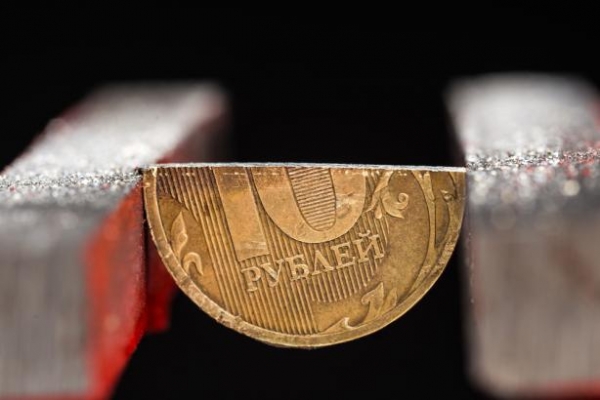
It’s been a quarter century since then, as Boris Yeltsin announced the beginning of market reforms in the country, known in history as “Gaidar”. However, the transition from authoritarianism to democracy, as you can see today, Russia as a result failed.
On the last Friday of November marks exactly 25 years since Boris Yeltsin at the fifth Congress of people’s deputies presented a program of market reforms. A week later he will form the new composition of the Russian government, a thought leader which will be Yegor Gaidar. In the next 13 months, the Cabinet reforms freed prices, liberalizes foreign and domestic trade, establish partial convertibility of the ruble and the start of mass privatization. These steps will put an end to the history of the socialist experiment in Russia and will lay the foundations of a market economy.
To this date neither Yeltsin nor Gaidar did not survive. And because they saw that many of their achievements were buried. That Russia is waging war against Ukraine, to avoid which was signed Belavezha accords. Is that the norm is a power-persecution of the opposition, while in the 1990s, the political participation is not forbidden even to those who organized against the President, the armed rebellion. What became common in the acute confrontation with the developed countries, to integrate as well and it is sought post-Soviet Russia.
This outcome was the result of failures of democratic transition in which there is partial fault of the reformers.
When choosing a social group that would make up the backbone of support for the reforms, they have relied on the entrepreneurial class.
There was a certain logic: the business objectively best political regime, which guarantees the inviolability of private property, and therefore not in the interest of entrepreneurs to support the political forces seeking to return the socialist order. How can you not remember the catch phrase Chubais: “Every plant sold is a nail in the coffin of communism.”
In practice, however, the business support transformation did not. In the 1990s, reformers and entrepreneurs often found themselves on different sides of the barricades. So, in 1997, big business opposed to the results of the sale of 25% shares of Svyazinvest, became the first in post-Soviet history case net cash privatization, resulting in the fall of the Cabinet of young reformers. This was followed by a reshuffle reshuffle in the government, the result of which was the appointment to the Premiership of Vladimir Putin.
In the early 2000s, against the arrest of Vladimir Gusinsky (“Media Bridge”), Yakov Goldovsky (“SIBUR”) and Mikhail Khodorkovsky (YUKOS), captains of the Russian business in the face of RSPP won emphatically loyalist position. It did not save them from nationalization, which resulted in the share of public sector in the economy 2005-2015 has grown from 35% of GDP to 70% of GDP (est FAS). The response from the big business was only the even greater fear of the Kremlin. Indicative in this respect the words of Vladimir Yevtushenkov, said in September in an interview with TV channel “Rain”: “I do not care I havethe power – R. K.] will take”.
Steadfast in the protection of their rights was not a small business. Thus, the capital owners of the stalls did not try at the policy level to prevent a repeat of February’s “night of the long buckets”. In August, many of them agreed on an allowance from the municipality in the form of extrajudicial compensation.
This suggests that in the Russian conditions of business cannot be the sole support of democratic reforms. Future reformers will have to rely on a wider social base.
The more that they will have something to offer to different segments of society: business, reducing the tax burden, the civil state – the redistribution of budget expenditures in favor of education and healthcare, and the security forces – liberalization of travel abroad, the retired, the dividends of state companies to Finance payments on old age, youth – transition to the professional army.
A broad coalition of Pro-reformatory will facilitate the transition from authoritarianism to democracy. And that this transition will be for sure, no doubt about that.







